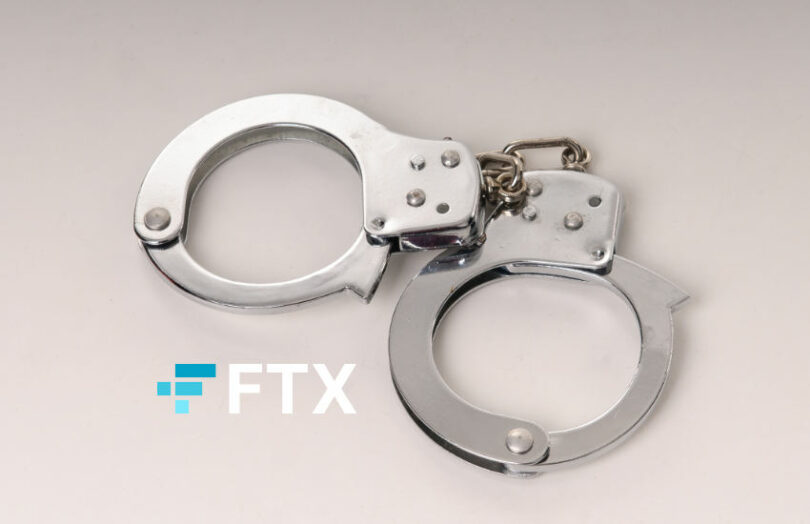Following Sam Bankman-Fried’s (SBF) arrest in the Bahamas last night, the criminal indictment from the U.S. Department of Justice has been unsealed today and both the SEC and CFTC have filed civil lawsuits. We reported on the SEC filing earlier.
Bankman-Fried faces eight counts of criminal fraud. While the customers of FTX rank at the top of the list, the charges also include breaching campaign finance laws.
The charges are:
- Conspiracy to commit wire fraud on customers
- Wire fraud on customers
- Conspiracy to commit wire fraud on Alameda lenders
- Wire fraud on Alameda lenders
- Conspiracy to commit commodities fraud
- Conspiracy to commit securities fraud
- Conspiracy to commit money laundering
- Conspiracy to defraud the United States and violate campaign finance laws
Some of the fraud charges apply from 2019, particularly those relating to customer funds, lending and commodities fraud. In other words, SBF is alleged to have used FTX to commit fraud from the start. We previously outlined how using Alameda’s bank account for FTX customer deposits was a massive red flag and could be the foundation of a day one fraud prosecution.
Additionally, the CFTC has also filed civil charges against SBF, which allege that customer funds were misappropriated ‘from the moment of FTX’s launch’. Just a small proportion of the money remitted by clients to Alameda was converted to stablecoins, with the rest remaining in Alameda’s bank account. It alleges that Alameda didn’t just use customer cash but also digital assets.
Circling back to the criminal charges, the campaign finance allegation relates to breaching rules on contributing a maximum of $25,000 in a single year by making donations via other parties.
Compared to the SEC lawsuit, the criminal charges at this point are far more concise. One of the few details mentioned regarding the securities fraud was SBF emailing a New York investor on September 18, which gave material false information about the company’s financial status.






